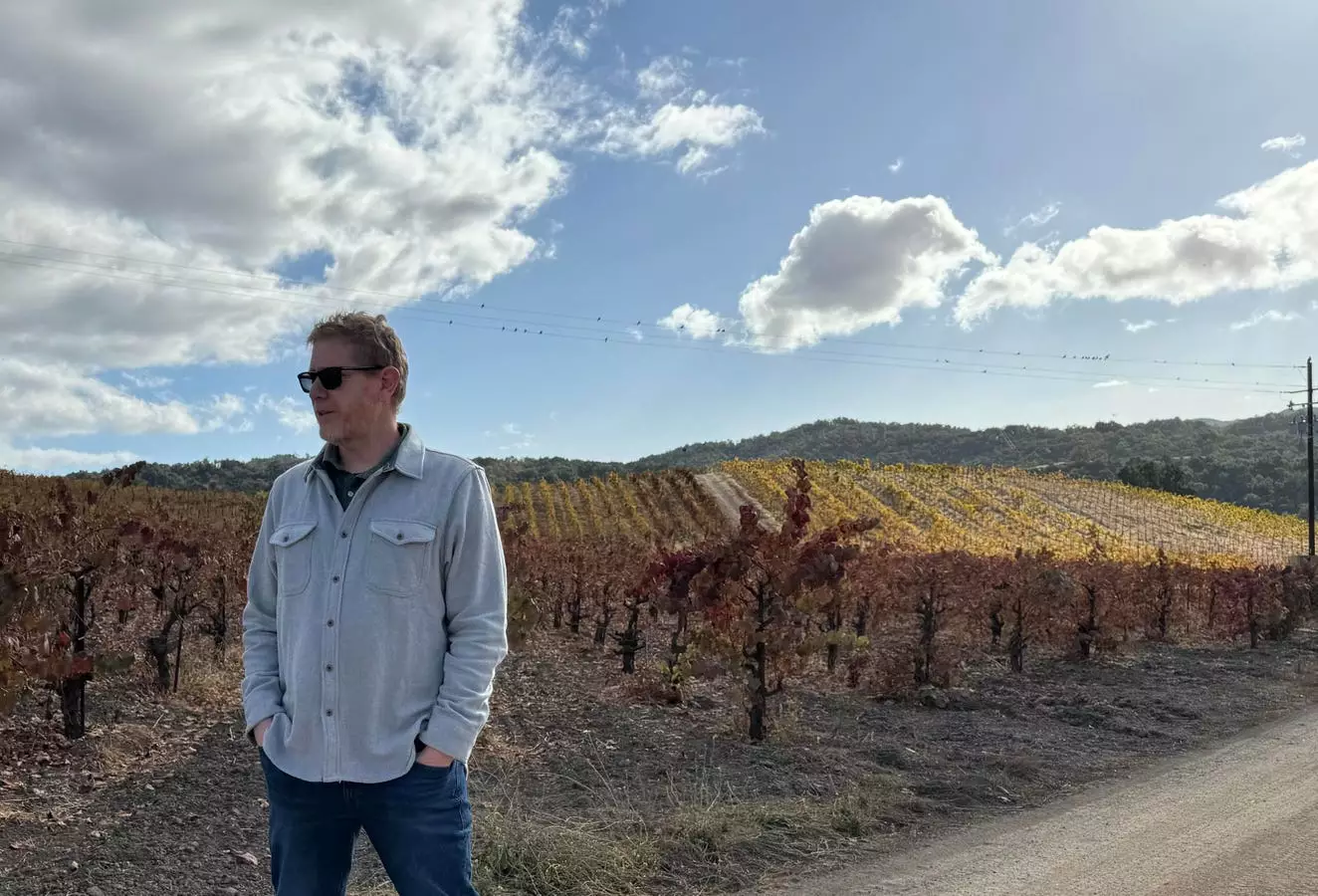As the world becomes increasingly aware of the environmental impact of agriculture, the wine industry finds itself at a crossroads. Among the pioneers in this movement is Tablas Creek Vineyard, located in Paso Robles, California, a region renowned for its exceptional wines. With their commitment to sustainable and regenerative practices, Tablas Creek is leading a charge that extends beyond the vineyard, transcending traditional winemaking paradigms and offering valuable insights into the future of agricultural sustainability.
Founded through the partnership of the Perrin family from the prestigious Château de Beaucastel in France and the Haas family from Vineyard Brands, Tablas Creek has forged a unique legacy in the world of winemaking. This collaboration serves as a bridge between two rich viticultural heritages, blending the Old World expertise of Châteauneuf-du-Pape with the innovative spirit of California. The journey isn’t just about replicating renowned winemaking techniques; it’s also about fostering a dynamic exchange of knowledge that has enriched both parties. Over the years, the relationship has evolved, with both the French and American teams learning from each other’s practices. This synergy highlights that sustainability is not merely a trend but a foundational pillar for future-oriented winemaking.
Tablas Creek’s biodynamic and regenerative organic certifications are badges of honor that showcase their commitment to crafting wines with minimal intervention. The practices established here, including natural fermentation using ambient yeasts, emphasize a deep respect for the land and its ecosystems. Undoubtedly, the approach they take serves as an acknowledgment of the profound interconnection between quality wine production and ecological health.
At the heart of Tablas Creek’s operations is a corporate culture that prioritizes sustainability. As Jason Haas, one of the vineyard’s key figures, eloquently expresses, decisions are made for environmental and social reasons first, subsequently leading to economic benefits. This vision fosters an atmosphere where employees are not convinced to embrace sustainability; they are naturally drawn to it. The organization’s values and practices have acted as a self-selection mechanism, attracting individuals who are passionate about sustainability.
Their commitment extends beyond the confines of their vineyard; Tablas Creek regularly shares its expertise with the broader wine community. This mentorship and advocacy for sustainable practices resonate with growers not just locally but also as far as Texas, where the use of Rhône varietals has gained significant traction. Such outreach not only positions Tablas Creek as a leader but empowers other vineyards to adopt similar, impactful practices.
Tablas Creek’s influence can be seen in the growing enthusiasm for Rhône varietals in American winemaking, particularly in Texas. By providing access to high-quality vines and facilitating knowledge exchange, the vineyard has become a crucial player in shaping a movement that aims to elevate the quality of wine in the region. The role of organizations like the Rhône Rangers, where Jason Haas serves as a member of the Board of Directors, further underscores the importance of education within the industry. By nurturing relationships with emerging producers, the vineyard has set a precedent for collaboration that elevates both the quality and the sustainability of wine production.
This educational component is vital in making sustainability an industry standard, and Jason’s philosophy regarding “reach” certifications emphasizes the importance of perpetual growth and innovation. The notion that achieving sustainability metrics should be a stretch goal encourages continuous improvement. It signifies a recognition that certification alone does not guarantee success; reinvention, trial, and error are necessary as the industry evolves.
As climate change and environmental degradation become increasingly urgent issues, the wine industry finds itself under scrutiny. Innovators like Tablas Creek Vineyard exemplify how sustainability can be integrated into business practices, from vineyard management to marketing strategies. Their example serves as a model for other vineyards aiming to navigate the challenges of sustainable production while also enhancing the quality of their offerings.
Tablas Creek Vineyard stands as a beacon of sustainable practices within the wine industry. With rich partnerships that encourage innovation, a deeply rooted culture of sustainability, and an unwavering commitment to quality, this vineyard continues to shape the landscape of winemaking. As more producers look to their example, the landscape of American wine may very well be transformed, ensuring that future generations can enjoy both exceptional wines and a healthier planet.


Leave a Reply